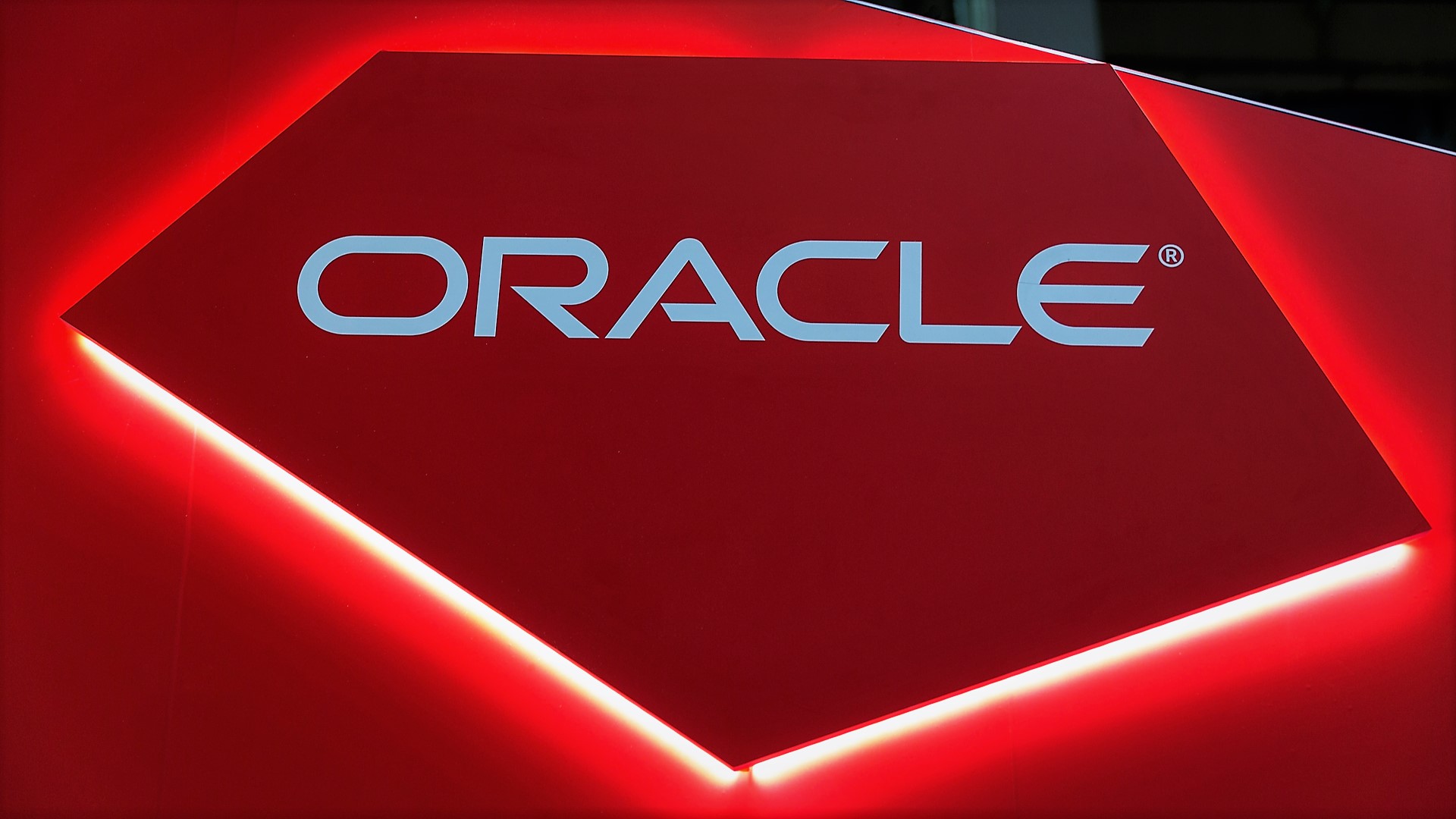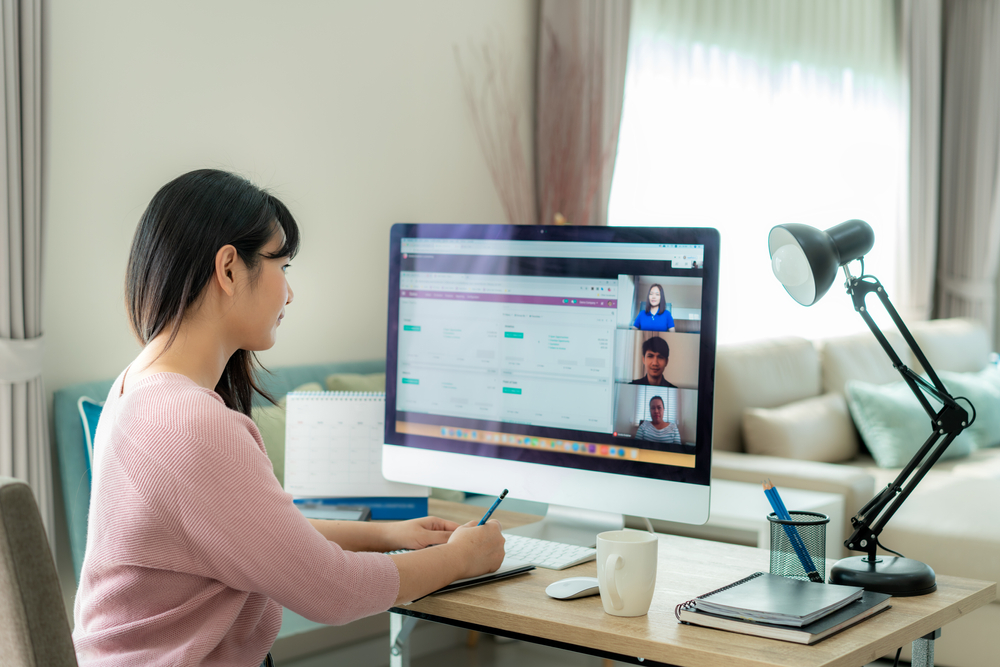RNIB bags £5.8m lottery funding for digital inclusion project
The RNIB's initiative to ensure more people with sight and hearing problems can get online receives National Lottery funding boost

The Big Lottery Fund is to pay out 5.8 million to support a UK project that aims to teach digital skills to people suffering from hearing and sight problems.
The three-year project is being spearheaded by the Royal National Institute for Blind People (RNIB), and aims to train 125,000 people in basic online skills so they can confidently use web-based resources to shop online, pay bills and gain employment.
They will be taught how to use the internet through a mix of events, surgeries, training sessions and home visits.
The initiative is volunteer-led, and also seeks to boost awareness of the range of equipment and assistive programmes that exist today to help those with sight and hearing impediments access the internet.
The funding will be used to deliver on the above, as well as train further volunteers and encourage private and public sector firms to get involved too.
Dawn Austwick, CEO of the National Lottery's Big Lottery Fund, said the internet has the potential to make the everyday lives of those suffering sensory loss easier, but many don't where to start.
"This is why it is important that the Online Today project will offer a tailored approach according to people's needs, including one-to-one advice and the use of mobile resources and home visits to accommodate those who are homebound or in rural areas," she said.
Sign up today and you will receive a free copy of our Future Focus 2025 report - the leading guidance on AI, cybersecurity and other IT challenges as per 700+ senior executives
Lesley-Anne Alexander CBE, the CEO of the RNIB, added: "The internet and new technology is an increasingly important part of modern life and for people who have sight or hearing loss, being able to get online confidently can make a real difference to being able to live independently and as part of an inclusive community."
The project is part of a wider push by the Big Lottery Fund to clamp down on digital exclusion, and a further 9 million has been earmarked to support other efforts in this area.
-
 IDC: The business value of IBM Maximo
IDC: The business value of IBM MaximoWhitepaper Integral to the transformation of asset management
-
 How to choose APM software for your business
How to choose APM software for your businessWhitepaper A market guide to Asset Management Performance software
-
 Scandal-hit Toshiba to split into three companies
Scandal-hit Toshiba to split into three companiesNews The troubled Japanese giant aims to create more value for investors with "attractive" business separation
-
 Tektronix updates its asset management software
Tektronix updates its asset management softwareNews CalWeb gains four new capabilities surrounding test and measurement equipment calibration
-
 Oracle Utilities partners with Veracity and Triniti to streamline utilities’ digital transformation
Oracle Utilities partners with Veracity and Triniti to streamline utilities’ digital transformationNews The trio will join forces to enhance utilities’ critical infrastructure and processes
-
 The definitive guide to warehouse efficiency
The definitive guide to warehouse efficiencyWhitepaper Get your free guide to creating efficiencies in the warehouse
-
 Atera raises $77 million for its all-in-one SaaS
Atera raises $77 million for its all-in-one SaaSNews RMM by Atera helps MSPs monitor and manage remote IT networks with ease
-
 Rockwell and Kezzler join forces to enhance supply chain visibility
Rockwell and Kezzler join forces to enhance supply chain visibilityNews New track-and-trace platform helps manufacturers monitor their products' lifecycles

